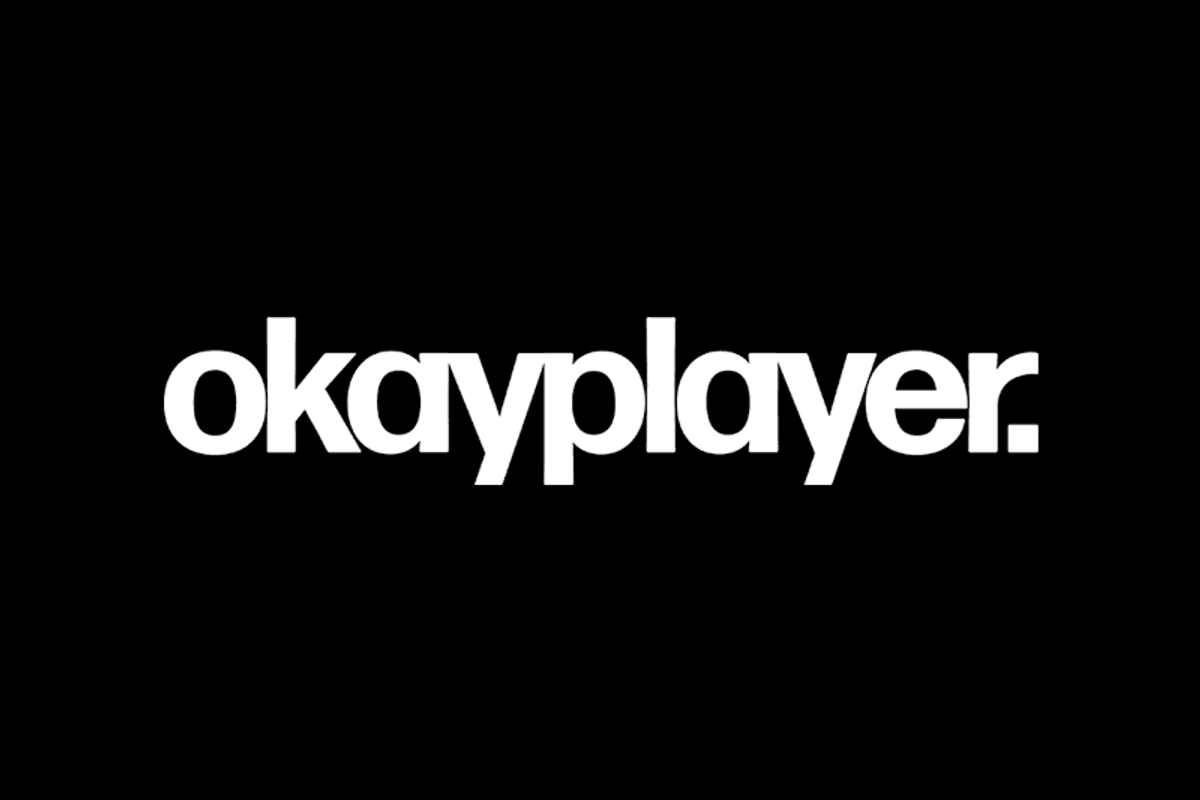
Fans enjoying Igmar Thomas & The Revive Band at SummerStage on August 7, 2016. Photo by Deneka Peniston
To continue reading
Create a free account or sign in to unlock more free articles.
By continuing, you agree to the Terms of Service and acknowledge our Privacy Policy
Register
The content is free, but you must be subscribed to Okayplayer to continue reading.
THANK YOU FOR SUBSCRIBING
Join our newsletter family to stay tapped into the latest in Hip Hop culture!
Login
To continue reading login to your account.
Forgot your password?
Please enter the email address you use for your account so we can send you a link to reset your password:

Photography by Deneka Peniston and Erik Bardin for Okayplayer.
"All of it really is one; it comes from one place. You can call jazz the great-grandfather of hip-hop: it might speak differently, it might dress differently, but that's your son."
Igmar Thomas succinctly summarized what makes "A Journey Through The Legacy Of Black Culture" so beautiful and important. Accompanied by the Revive Big Band, Thomas took audience members through the past and present of black American music at Central Park's SummerStage this past Sunday.
Beginning with a selection from the 1800s, Revive guitarist Marvin Sewell played a blues arrangement that set off the evening's festivities. Through his melancholy guitar strums, Sewell slowly created a sonic narrative for those in attendance. You could imagine a black blues singer crooning underneath a night sky, his only catharsis his guitar and his voice. For a moment, he turns his troubles into melodies, escaping the harsh realities of the world through the blue notes played.
This is what he looks most forward to every day: this moment that gives him the strength to rise another day.
From there the Revive Big Band went into a gospel selection sung by Taharqa Patterson, transforming the SummerStage into a Sunday morning church service. Following that was a dixieland jazz arrangement honoring the "jazz ambassador of the world" Louis Armstrong, with trumpeter Nicholas Payton leading the Revive Big Band.
Payton served as an integral part to the creation of "A Journey Through The Legacy Of Black Culture," not only performing alongside the Revive Big Band but having inspired Igmar to explore the idea of black American music in the first place. "There is no such thing as a 'jazz' anything," Payton wrote in a response post to a previous piece he had written titled "On Why Jazz Isn't Cool Anymore." "What the above listed share in common is that they are Black Americans, not jazz musicians, and their music is indicative of the Black experience — which is multidimensional."
Personal opinions of what jazz is and isn't aside, Payton is right in that the artists he references in the piece (Miles Davis, Charles Mingus, Billie Holiday, Ornette Coleman, Stevie Wonder, Aretha Franklin, Marvin Gaye and Michael Jackson) are black, and therefore are brought together through their respective black experience. Sure, a genre might be used to categorize them from one another, but they all come from the same place.
Following the dixieland jazz arrangement was "Infant Eyes," a song inspired by iconic jazz saxophonist Wayne Shorter. Special guest Esperanza Spalding took the stage to perform the ballad alongside one of the band's saxophonists, the two taking melodic cues from each other to create one of the more memorable performances of the night.
"We premiered this show in DC on Juneteenth," Thomas told the audience before getting into a medley of Ray Charles songs. Commemorating the end of slavery in the United States, Juneteenth serves an important moment in black American history. Choosing Ray Charles to follow up the statement was fitting, as Patterson returned to the stage to do "I Got A Woman," which then led into a rendition of Kanye West's "Gold Digger."
With the night sky finally settling in the Revive Big Band neared towards the end of their concert. The ensemble went into a medley of James Brown songs, with Patterson channeling the "Godfather of Soul" and doing a lively performance of "Say It Loud, I'm Black And I'm Proud." With the audience predominantly black the declaration resonated with joy and pride.
This moment transcended performance, reflecting a time in which police officers are fatally shooting black people, and the Black Lives Matter movement is simply trying to remind people of black humanity. Being black in America isn't easy, but time and time again we overcome and survive. Seeing Patterson cut a step and then some onstage as horns blew triumphantly served as a testament to that.
The grand finale of the entire set included Spalding and Bilal, with the former playing bass and the latter singing. The performance was an incredible way to end the night, as every member of the group got the chance to solo.
To truly try and encapsulate all of black American music into a few hours would be a noble feat. "A Journey Through The Legacy Of Black Culture" built a repertoire that satisfied and surprised most of us in attendance, sending us on a journey that was not only cohesive but entertaining. And more importantly the presentation served as a response to a problem that black culture has endured since its beginnings: appropriation.
The response wasn't as explicit as it was implicit — this will always be black culture, and black culture will continue to change as time goes on because that's what makes it so beautiful.
Hopefully Thomas and the Revive Big Band continue to experiment on their concert and bring even more artists into the mix (their DC show featured Talib Kweli and Ravi Coltrane). But this was a nice and refreshing treat, the performance teaching us the rich history of black music in the United States, and getting us to shake our asses too.
Videographer + Editor: Frankie Leroux.